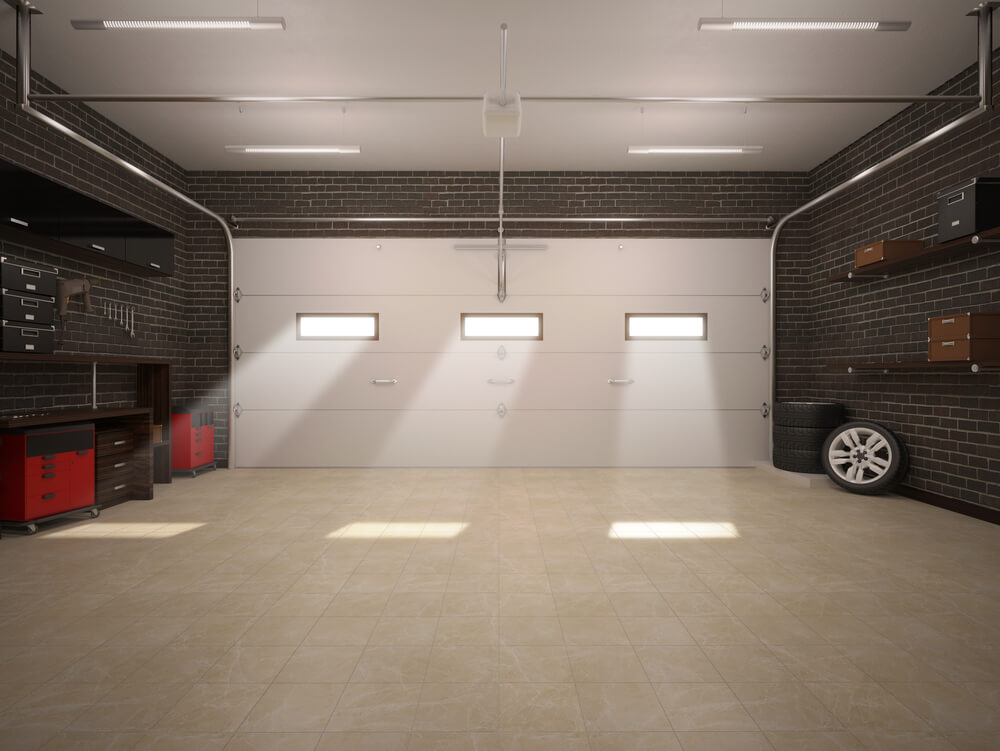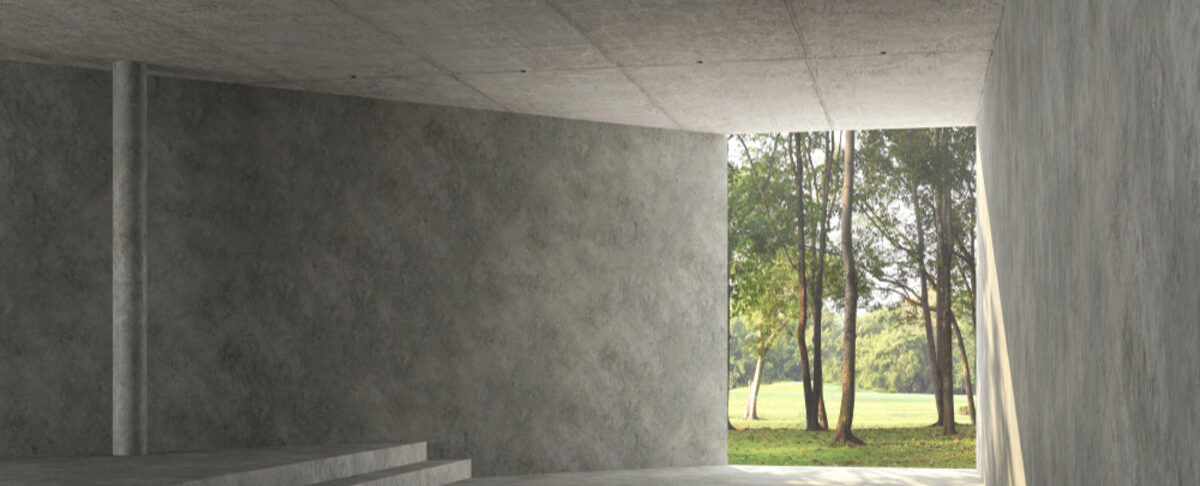Are you weighing your options between polished concrete and epoxy for your garage floor? This decision will dramatically influence your floor’s look, durability, and ease of upkeep. Whether you’re renovating a home garage or a commercial space, knowing the advantages and challenges of each flooring type is crucial to choosing the right one for your environment.
Polished Concrete
Polished concrete is a finishing technique that involves grinding and polishing the surface of a concrete floor to a smooth, glossy finish. This process typically includes several stages, starting with coarse grinding to remove any surface imperfections, followed by finer grinding to achieve a reflective surface. The result is a sleek, durable floor that can enhance the aesthetic appeal of any garage.
Advantages of Polished Concrete
- Durability and Longevity: Polished concrete floors are known for their strength and resilience. The process not only improves the floor’s appearance but also makes it more resistant to stains, moisture, and abrasion. This makes it an excellent choice for high-traffic areas like garages.
- Low Maintenance: One of the biggest benefits of polished concrete is its minimal maintenance requirements. Unlike other flooring options, it doesn’t require waxing or sealing, and cleaning is as simple as sweeping and mopping.
- Eco-Friendly: Polished concrete utilizes the existing concrete slab, reducing the need for additional materials and contributing to a more sustainable building process. It also reflects natural light, which can reduce the need for artificial lighting.
Considerations for Polished Concrete
- Initial Cost: The installation of polished concrete can be more expensive than some other flooring options due to the labor-intensive process involved.
- Cold Surface: Concrete can be cold underfoot, which might be uncomfortable if you spend a lot of time in your garage. However, there are options for adding radiant heating to mitigate this issue.
Epoxy Coatings
Epoxy flooring involves applying a resin-based coating to a concrete surface. This coating creates a thick, protective layer that bonds with the concrete to create a hard, durable finish. Epoxy coatings are available in various colors and finishes, making them a versatile option for customizing the appearance of your garage floor.
Advantages of Epoxy Coatings
- Durability and Protection: Epoxy coatings provide a tough, resistant surface that can withstand heavy traffic, impacts, and chemical spills. This makes it ideal for garages that frequently experience rough conditions.
- Aesthetic Options: Epoxy offers a wide range of colors and finishes, including high gloss, matte, and even decorative flakes. This versatility allows you to create a floor that matches your personal style and enhances the garage’s visual appeal.
- Easy Maintenance: Like polished concrete, epoxy floors are easy to clean and maintain. A simple sweep and mop are usually sufficient to keep the surface looking its best.
Considerations for Epoxy Coatings
- Installation Process: The application of epoxy coatings can be more complex and time-consuming than polished concrete. It involves multiple layers and precise mixing of the resin and hardener to ensure a proper bond with the concrete.
- Potential for Yellowing: Some epoxy coatings may yellow over time, especially in areas with high UV exposure. Choosing high-quality epoxy and proper installation techniques can help minimize this issue.
Polished Concrete vs. Epoxy: Key Differences
Cost Comparison
While both polished concrete and epoxy coatings offer durability and low maintenance, the initial cost of polished concrete is generally higher. The price difference can be attributed to the extensive labor involved in grinding and polishing the concrete.
Aesthetic Flexibility
Epoxy coatings have a clear edge in terms of aesthetic options. They come in various colors and finishes, allowing for greater customization compared to the more uniform look of polished concrete.
Durability and Performance
In terms of durability, both options are strong contenders. Polished concrete is highly resilient to wear and tear, while epoxy coatings offer additional protection against chemicals and impacts. The choice may come down to specific needs and preferences regarding performance.
Maintenance and Longevity
Both polished concrete and epoxy coatings are low-maintenance options, but polished concrete requires less frequent upkeep. Epoxy may need occasional reapplication or touch-ups to maintain its appearance and protective qualities.
Conclusion

Choosing between polished concrete and epoxy coatings for your garage floor depends on your specific needs and preferences. If you value a sleek, low-maintenance finish and are willing to invest in a higher initial cost, polished concrete may be the right choice for you. On the other hand, if you prefer a customizable look with enhanced protection against chemicals and impacts, epoxy coatings might be more suitable. Consider your garage’s requirements and weigh the benefits and drawbacks of each option to make an informed decision. For expert advice and quality installation, contact Richfield Concrete today.




